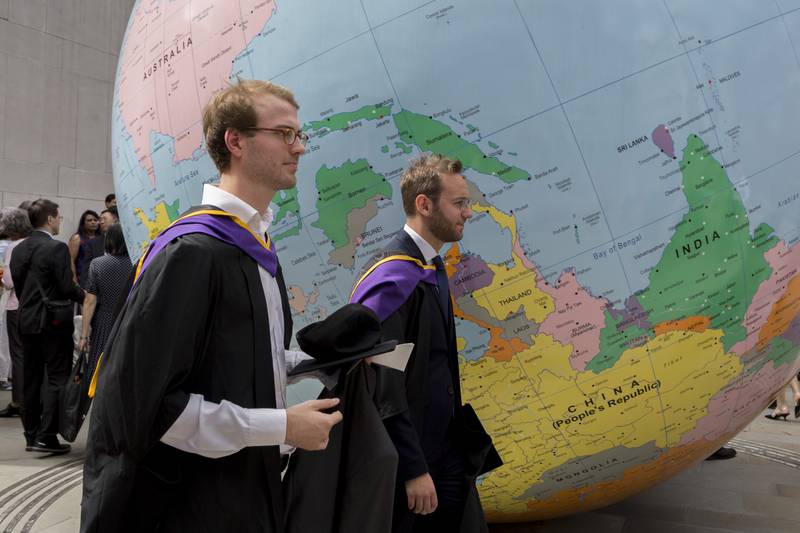Rising Geopolitical Turmoil Predicted to Increase Cost of Shipping Goods Worldwide
The cost of shipping goods globally is expected to continue its upward trend due to ongoing geopolitical conflicts, according to industry experts. Factors such as soaring fuel prices resulting from the conflicts in Ukraine and Gaza, shortages of qualified seafarers, and a shift towards more sustainable shipping practices have all contributed to the challenges faced by shipping companies.
Tristar Eships, a prominent maritime logistics company based in Dubai, specializes in clean petroleum products, dry cargo, and liquefied petroleum gas. Tim Coffin, Tristar’s Chief Executive of Maritime Logistics, expressed concerns about the impact of the conflicts in Ukraine and Gaza on global trade and the subsequent rise in shipping costs. He explained that the increased demand for oil transport, caused by the longer distances it now needs to travel due to the conflicts, has resulted in a higher demand for tanker tonnage. However, since building ships takes around two years, it is difficult for the industry to quickly respond to this change in capacity requirements. Coffin emphasized that trade disruption caused by conflicts ultimately leads to inefficiency and higher freight rates.
The war in Ukraine has already significantly disrupted international shipping and maritime trade routes, primarily due to the Black Sea’s strategic importance as a crucial waterway for transporting goods between Europe and Asia. Egypt, China, and Turkey were the main importers of Ukrainian grain in 2020, and the rerouting of ships has resulted in longer transit times and increased operational costs.
According to Matt Stanley, a senior commodity broker at Starfuels in Dubai, while the impact of the Israel-Gaza conflict on shipping is expected to be less severe than the war in Ukraine, it could still have a substantial effect on fuel prices. He noted that the main concern was the potential impact of the conflict on the Suez Canal and the continued increase in freight rates. Stanley added that the longer the conflict persists, the greater the problem for the region.
Tristar operates in 29 countries and is likely to be affected by the longer transit routes and rising fuel prices. The company is also taking steps to reduce carbon emissions by converting 10% of its coastal vessels to electric power. Although a global maritime levy to offset carbon emissions has yet to be decided upon, the introduction of a shipping tax to address climate change could further strain the industry’s finances in the near future.
Despite the industry’s advancement in automation, ships still rely heavily on crew members for their operations. However, the workforce of seafarers is dwindling. According to the Mission to Seafarers charity, there are approximately 1.89 million crew members working on 74,000 vessels worldwide. These seafarers spend up to nine months at sea, away from their families and friends, transporting around 90% of the world’s goods and fuels. Tim Coffin emphasized the importance of prioritizing the welfare of seafarers to maintain a qualified workforce. He stated that seafarers operate in hazardous environments, and it is crucial to take care of them, acknowledging the services they provide to society. Coffin also highlighted the mismatch between training capacity, economic development, and population supply, raising concerns about where the industry will find seafarers in future generations.
With the world recognizing the significance of robust supply chains, the industry must prioritize their resilience over pursuing the lowest price alternative. As geopolitical conflicts persist and global shipping costs continue to rise, shipping companies are facing various challenges. However, by addressing these obstacles and prioritizing the welfare and development of seafarers, the industry can work towards achieving a more efficient and sustainable future.
Updated: November 04, 2023, 4:31 AM
War intensifies leading to skyrocketing freight costs in the international shipping industry

I have over 10 years of experience in the field of cryptocurrency and blockchain technology. I have attended numerous conferences and events around the world, and my work has been featured in major publications such as CoinDesk, Bitcoin Magazine, and Yahoo Finance.




